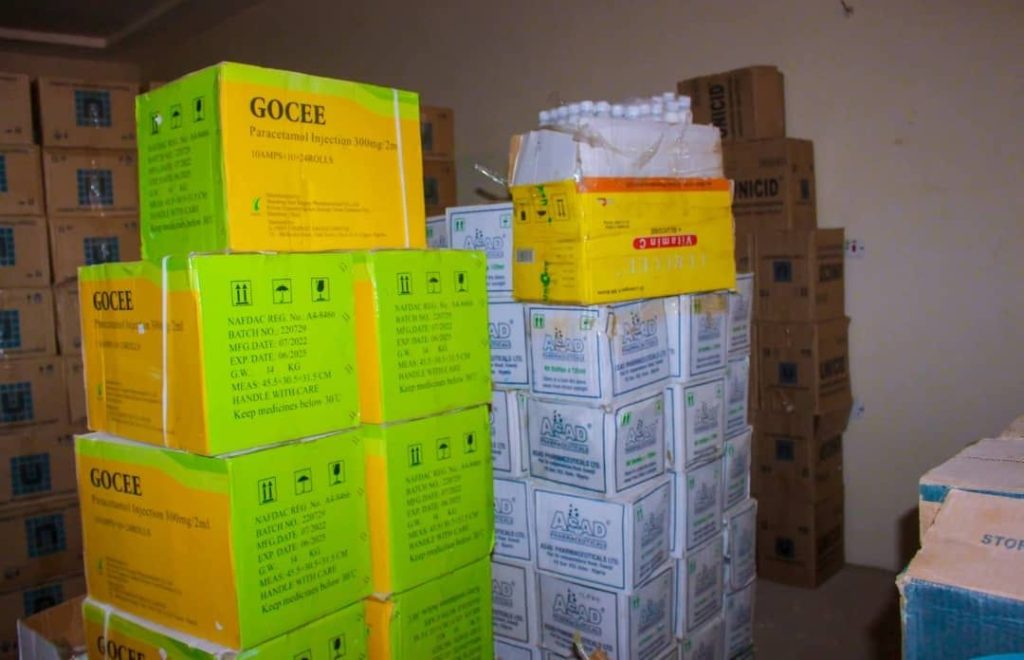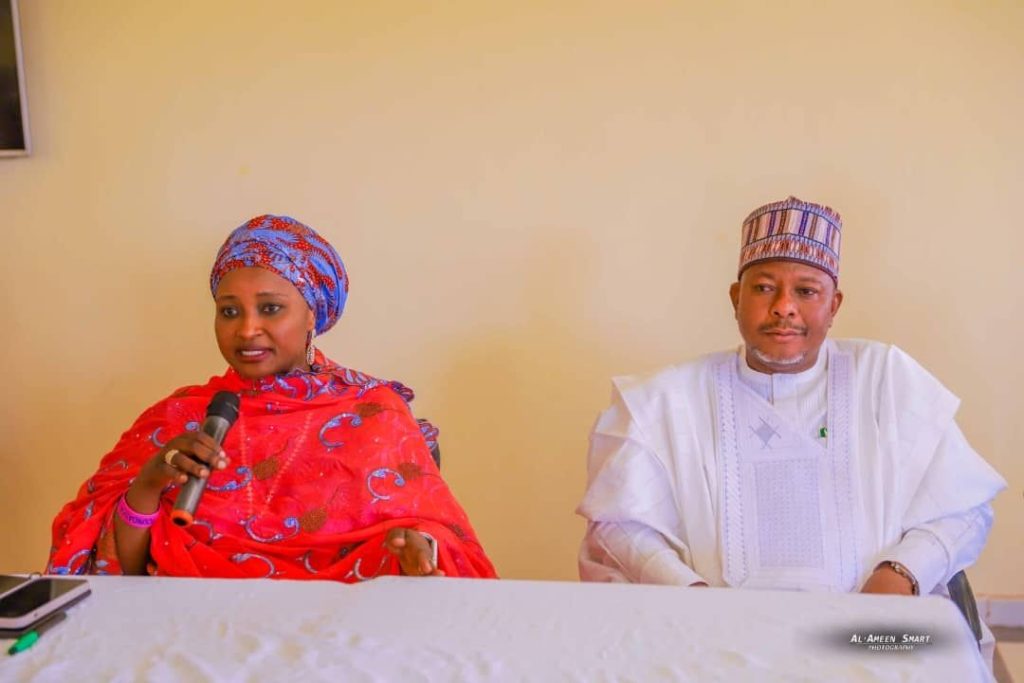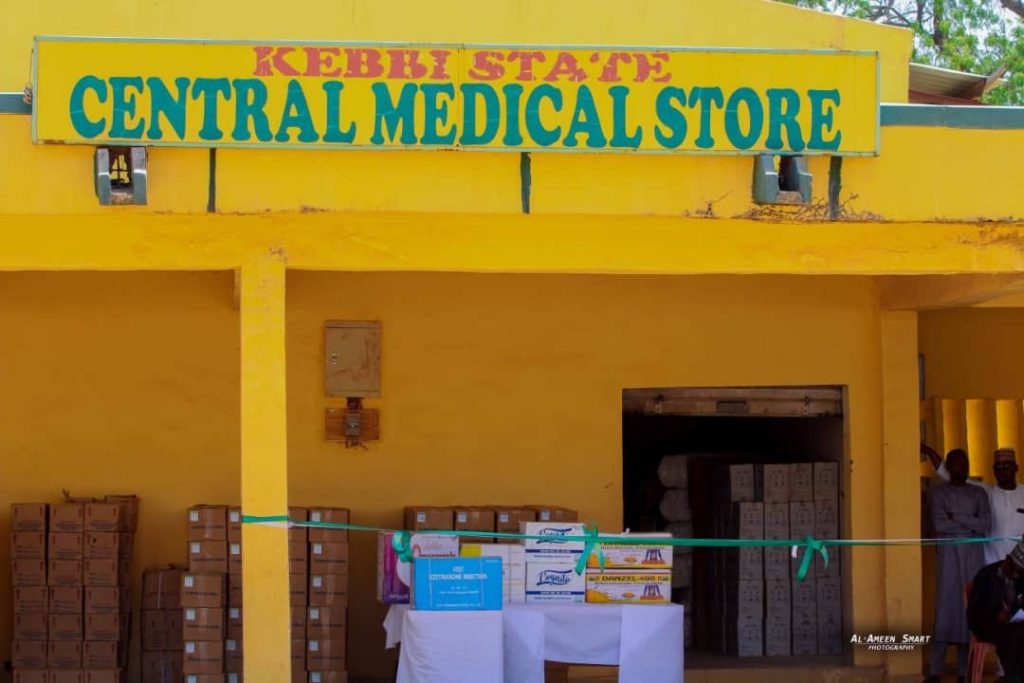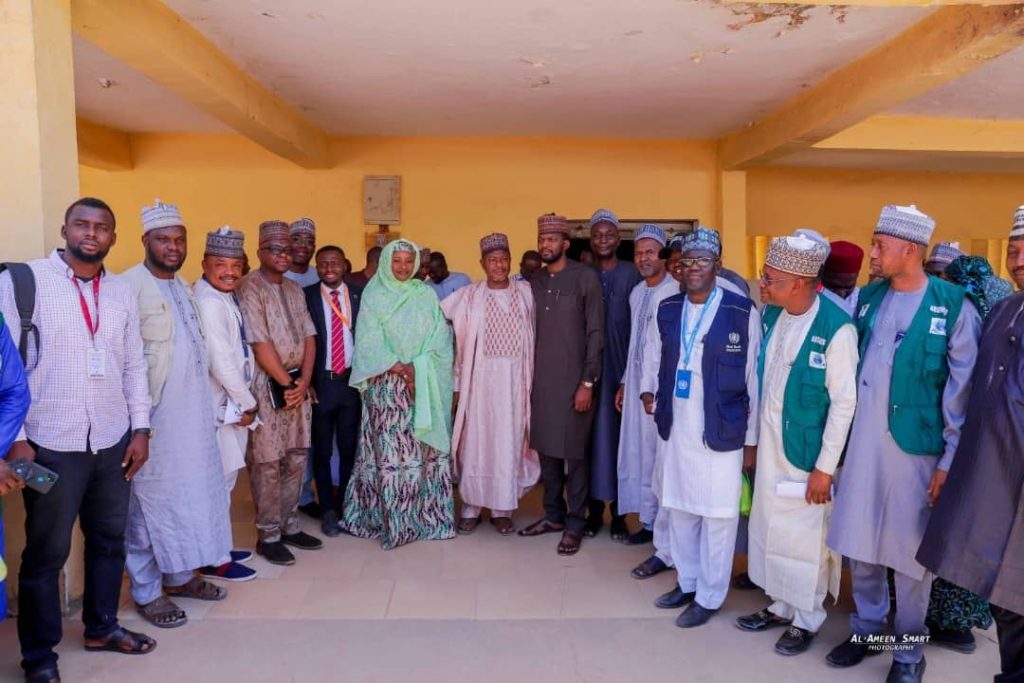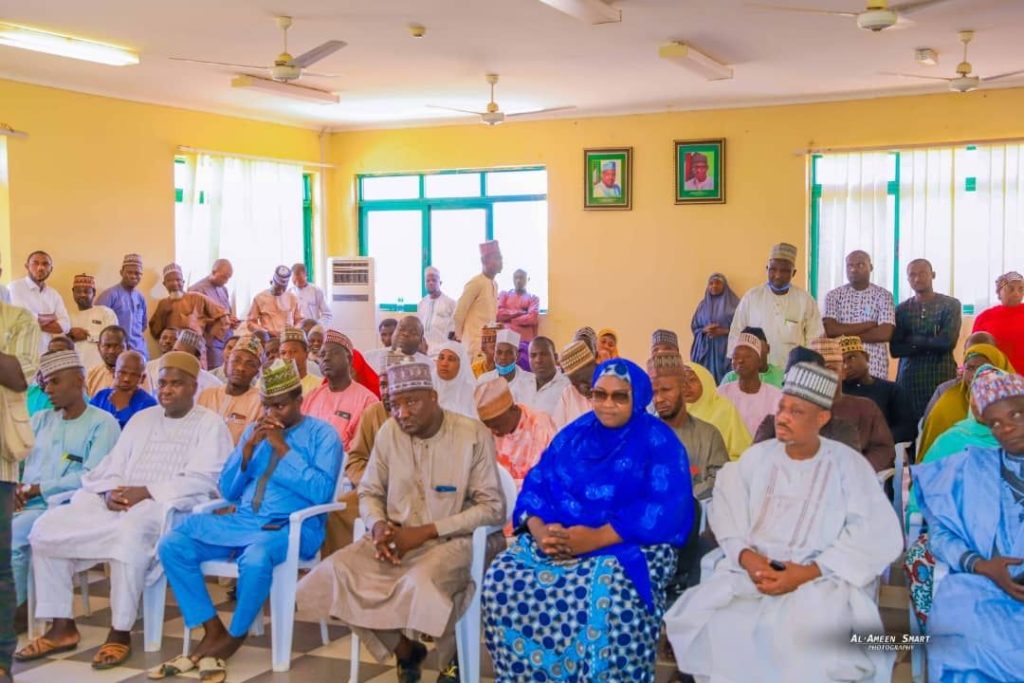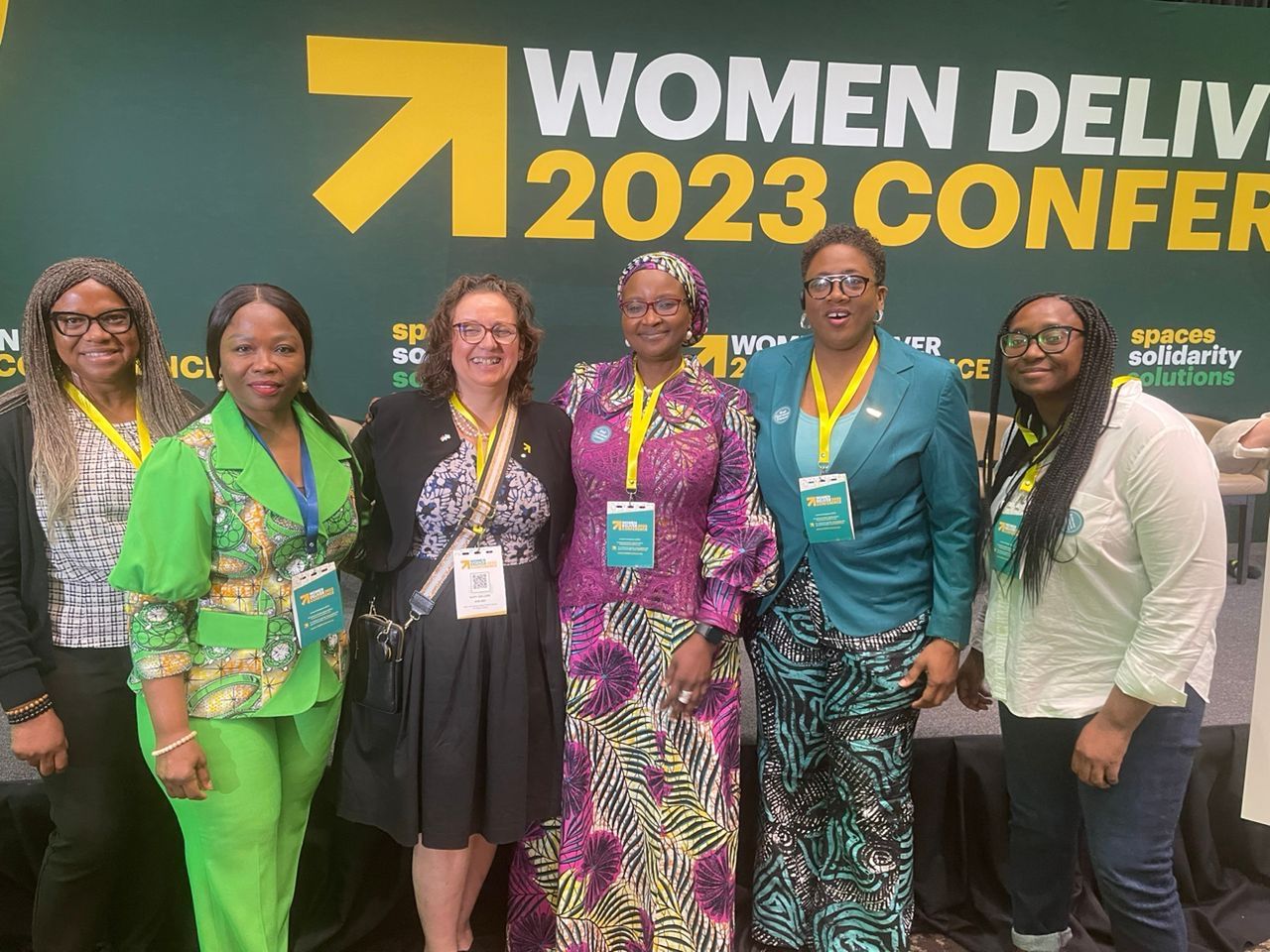
Kebbi State Government’s Intervention in Health Sector Amidst New Currency Policies: A Step Towards Accessible Healthcare in Nigeria.
Nigeria’s apex bank, the Central Bank of Nigeria recently instituted new currency policies aimed at promoting a cashless society and reducing corruption. Amongst the policies, and probably most distressing to everyone was a sudden change of notes. The new notes are not available in circulation and the old ones have been withdrawn. As a temporary palliative intervention to bridge the period, Kebbi state government announced various sums across essential sectors like Agriculture, Health, Education and Transport.
N200 million (approximately $434k) was used to procure drugs in the health sector whilst another N200 million was distributed across institutions and professional organizations. Both interventions will reduce the need to spend cash by patients. From these funds, all hospitals are to register patients free for a period of one month.
Some have said the measure is politically motivated as it came during campaign/election period. Perhaps. So did the CBN policies and as such, there is no harm in an equally political response at state levels. For me, what matters is the cushioning effect it has on my people in Kebbi. Which is why I engaged the heads of the general and specialist hospitals getting the funds to ask them to ensure it’s proper use, data collection and evaluation. I also hopped along with my husband to launch the free drugs.
Even without cash scarcity/constraints, poor access to essential medicines and consumables is a big deterrent to good health outcomes in many LMICs. Boosting Local production can help to improve access. In this regard, the Pharmaceutical industry and National Governments are key. There are many taxes and bureaucratic hurdles that push away local manufacturers. Most of these are geared towards generating income for the government and not necessarily to improve health of populace.
For larger corporations, currency policies and difficulty in repatriating funds out of countries like Nigeria, has taken us back many years in access. Common medicines are either produced in substandard forms or not available. To be fair though, one government agency that has done well is National Agency for Food and Drug Administration and Control (NAFDAC). Quality regulation of locally manufactured and even imported medicines has greatly improved. Now they need to help us reduce prices.
Jayasree Iyer Access to Medicine Foundation Dr Cary Adams Gwen Hines Roche Africa AstraZeneca ecancer BIO Ventures for Global Health

